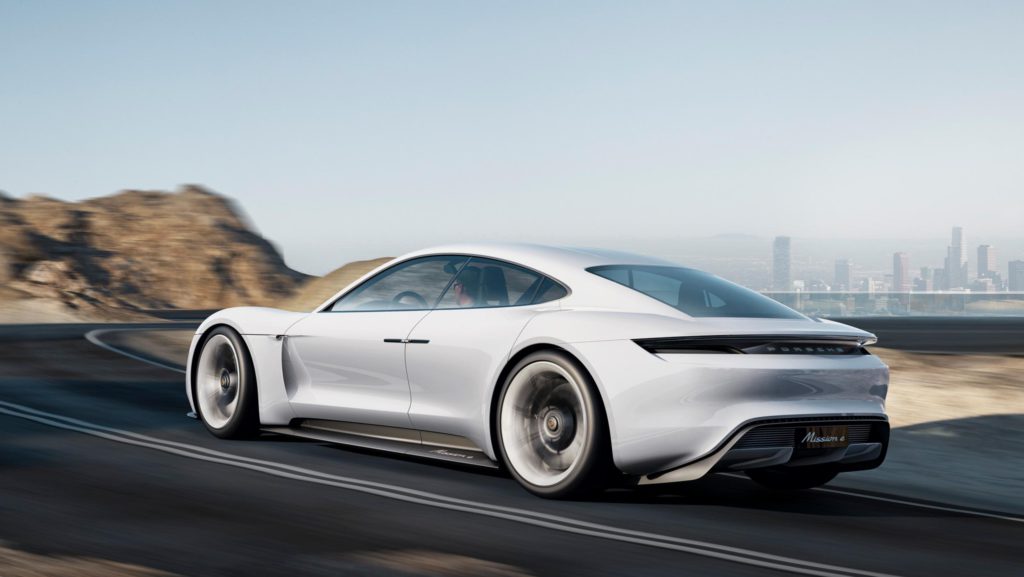Porsche could end diesel production according to CEO
19 July 2017

19 July 2017
Porsche CEO Oliver Blume has suggested that the German sportscar and sports utility vehicle manufacturer may take a decision to end diesel engine production after its latest generation.
Speaking to news agency Reuters, Blume’s comments are the first time that a German manufacturer has indicated in public that it could discontinue its diesel engine range. Volkswagen’s (VW) emissions cheating has cast a shadow over the technology, and with the Porsche division of the group utilising some of its engines, especially in its Cayenne SUV, the company is considering options to bring back public trust.
However, the fuel is not dead to the company just yet, with the new Cayenne, due in September 2017, powered by a range of diesel engines, while the current Panamera will continue to offer the option.
Blume comments: ′Of course we are looking into this issue, but we have not made a decision on it. For the generations that will follow [the current vehicle models] there are different scenarios available.’
German prosecutors started investigating Porsche staff in June 2017, to see whether they were involved in designing illicit engine-control software and regulators are examining whether the Cayenne was fitted with such a device. The company is also under investigation for market manipulation relating to the VW scandal.
Stuttgart-based Porsche still relies on diesels, which account for about 15% of its global sales, to help it bring down emissions of carbon dioxide (CO2) as they are more fuel-efficient than petrol engines. In contrast, Audi’s fleet is around two-thirds diesel and 35% of rival BMW’s new registrations feature a diesel engine.
Blume said Porsche would offer a mix of combustion engines, plug-in hybrid vehicles and purely battery-powered cars over the next 10-15 years and would decide by the end of the decade whether diesel had a future at Porsche.
As demand for electric vehicles (EVs) grows, Porsche is planning to spend €1 billion to overhaul its main plant in Stuttgart and build its first pure-electric car, the four-door Misson E, due on the market in 2019. The company plans for an initial capacity of 20,000 cars at its Zuffenhausen factory and believes that EVs could account for 25% of sales by 2025.
Porsche and Audi, which together contribute 60% of VW’s profits, are targeting ′significant savings’ in development and material costs for their electric-car programs by sharing a new production platform code-named PPE, Blume said.
The new architecture will allow both brands to save money by sharing components and modules, helping Porsche with a goal of keeping its return on sales at about 15% a year, he added.
Earlier in July 2017, Geely-owned Volvo said all its cars launched after 2019 would be electric or hybrids, making it the first major traditional carmaker to set a date for phasing out vehicles powered solely by combustion engines. Should Porsche go down the route of abolishing its diesel oferings, it may signal a significant market change towards petrol and electric power, marking the potential end of the diesel market in decades to come.
Photograph courtesy of Porsche